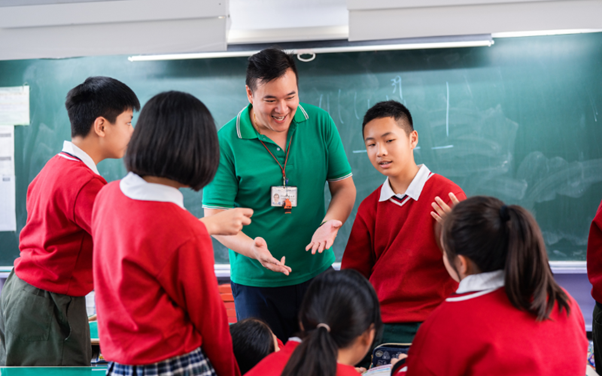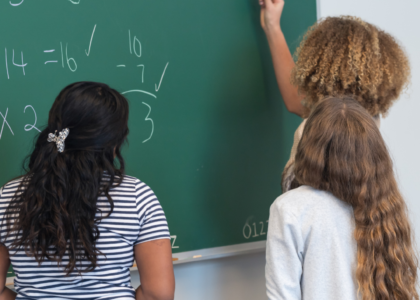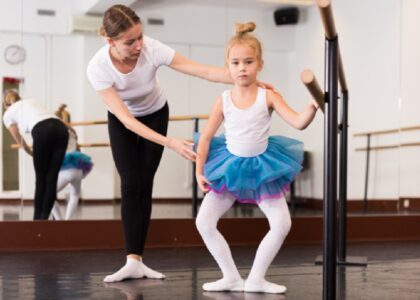International Baccalaureate schools in Singapore have long been known for their academic prowess and internationally recognised curricula. A number of trends are anticipated to influence how these institutions develop in the future as the educational landscape changes. Curriculum changes, technology developments, and improved multilingual education models will probably have an effect on Singapore’s international primary schools and IB schools throughout the course of the next five years.
Below is a more detailed look at what to expect.
1. Embracing Digital Learning Innovations
The future of education, including IB schools in Singapore, will continue to be influenced by digital advancements. In the wake of the COVID-19 pandemic, schools have recognised the benefits of integrating technology into classrooms. Over the next five years, expect IB schools to place a stronger emphasis on hybrid learning models, blending traditional in-class teaching with online learning platforms. This approach will allow students to access a wider range of learning resources, develop digital literacy, and engage with interactive tools that enhance their educational experience. Virtual labs, artificial intelligence-driven tutoring systems, and personalised learning pathways may become more prominent in these institutions.
Moreover, international primary schools in Singapore are likely to adopt these technologies to create a seamless transition for younger students, ensuring they are digitally proficient by the time they enter secondary school.
2. Expanding Bilingual Education Opportunities
Singapore’s commitment to promoting bilingualism aligns closely with the global nature of the IB curriculum. Over the next few years, bilingual primary schools are expected to rise in popularity as parents seek institutions that provide robust language programmes. The importance of fostering proficiency in English and a second language, such as Mandarin, will grow, driven by the increasing interconnectedness of global economies and societies.
3. Emphasising Holistic Education and Well-being
As academic pressures mount, the focus on holistic education and student well-being will take centre stage in IB schools. This shift will extend beyond academics to include emotional, social, and physical well-being. Schools will adopt new practices that support mental health, such as mindfulness programmes, social-emotional learning initiatives, and wellness activities.
4. Incorporating Environmental Sustainability into the Curriculum
Sustainability and environmental awareness will likely be critical components of the IB curriculum over the next five years. With increasing concern over climate change, schools are expected to incorporate more eco-conscious subjects and projects into their programmes. IB schools in Singapore will prepare students to become global citizens who understand the importance of environmental stewardship.
5. Enhancing Global Collaborations and Exchange Programmes
The International Baccalaureate curriculum encourages global citizenship and intercultural understanding, and this focus will grow stronger in the coming years. IB schools in Singapore are expected to develop more global collaborations, partnering with other international schools worldwide to offer students unique exchange programmes.
6. Personalised Learning and Student-Centred Approaches
Another trend expected to shape the future of IB schools in Singapore is the move towards personalised learning and student-centred approaches. This strategy focuses on tailoring education to meet the students’ needs and strengths. By utilising technology, such as data analytics and AI-driven tools, schools will be able to monitor students’ progress and offer customised learning experiences.
7. Increasing Demand for International Primary Schools
With Singapore’s growing expatriate community, the demand for international primary schools is expected to increase. These schools, which provide globally recognised curricula such as the IB Primary Years Programme (PYP), will continue to attract families seeking an international education for their children.
The International Baccalaureate in Singapore will remain a popular choice among expatriates and local families , thanks to its holistic approach and emphasis on global-mindedness. This growth in demand will lead to more diverse student populations and an increased focus on fostering intercultural understanding from an early age.
For more information about International Baccalaureate solutions and international education in Singapore, contact EtonHouse today.






